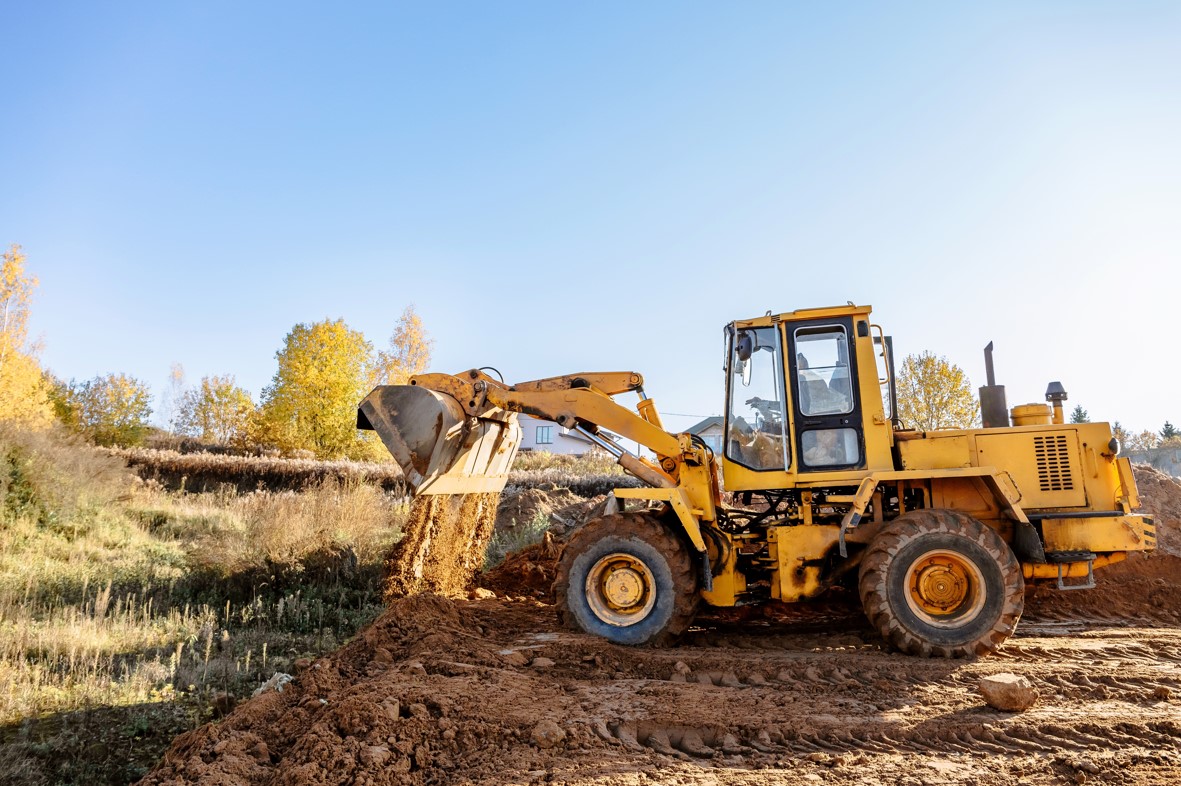
When you hear the term “riggers” as related to the construction industry, you may assume this is referencing a particular type of equipment, when in fact it is actually a title given to a construction worker who possesses unique skills. Requiring a combination of training and experience, riggers are some of the most important people at a construction site. If you’re wondering exactly what riggers do, here are some of the typical duties you would encounter in this profession.
Moving Heavy Loads
Most importantly, a rigger is responsible for getting heavy loads moved from spot to spot on a construction site. For example, if a crane is needed to move pipes or other heavy items to a certain area, the rigger will know how to tie up the pipes and have them manipulated and balanced by the crane so that the job is done safely. Without a rigger, it is possible the items could slip-free and fall, or that the crane would tip over.
Use Rigging Equipment
During the course of their job, you would find riggers using many different types of rigging equipment. Should your construction site be in need of rigging services, you could look online to find riggers can use such equipment as chokers, shackles, slings, and winches to move heavy equipment and other heavy loads safely to various areas on a construction site.
Recognize Hazards
By possessing high levels of training in such areas as determining the center of gravity for oversized and heavy loads, riggers are able to quickly recognize certain hazards that may be associated with certain tasks. Since a rigger is well-informed on the most up-to-date safety regulations associated with moving heavy loads, they can communicate their concerns to other workers and supervisors, offer safer alternatives, and use rigging equipment to make the job safer.
Attaching Cables and Ropes
Last but perhaps most importantly, riggers are well-versed in how to use and attach various types of cables and ropes to whatever needs to be loaded and moved. This involves knowing not only the correct hitches to use but also how heavy of a load the hitches can safely support once everything is in place.
Due to their importance in a construction job, most riggers make in excess of $50,000 per year for their expertise. Whether it’s knowing the latest safety regulations, operating various types of rigging equipment, or dismantling equipment once the job is finished, being a rigger is one construction job where your knowledge and experience can make a real difference in keeping everyone safe.


